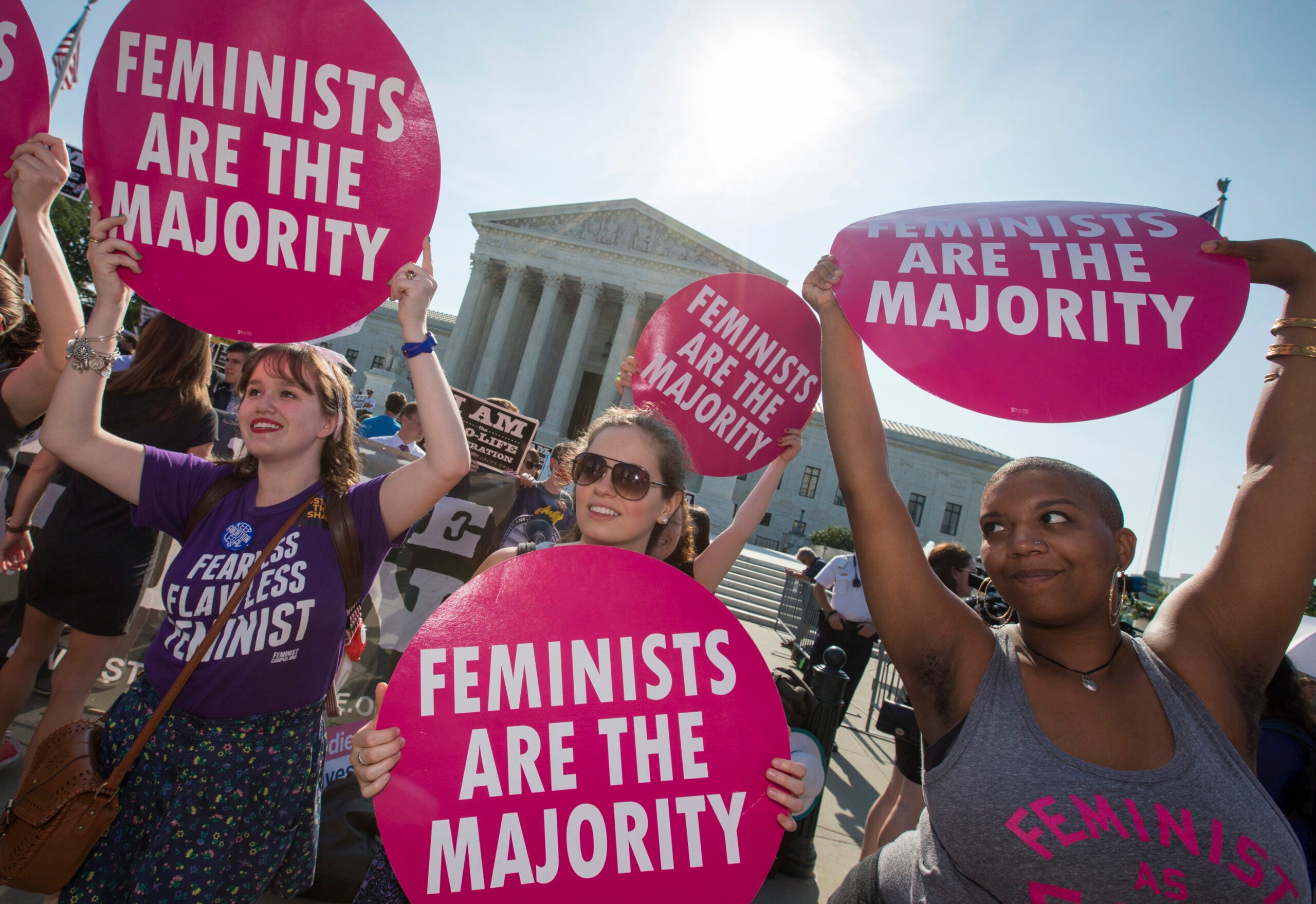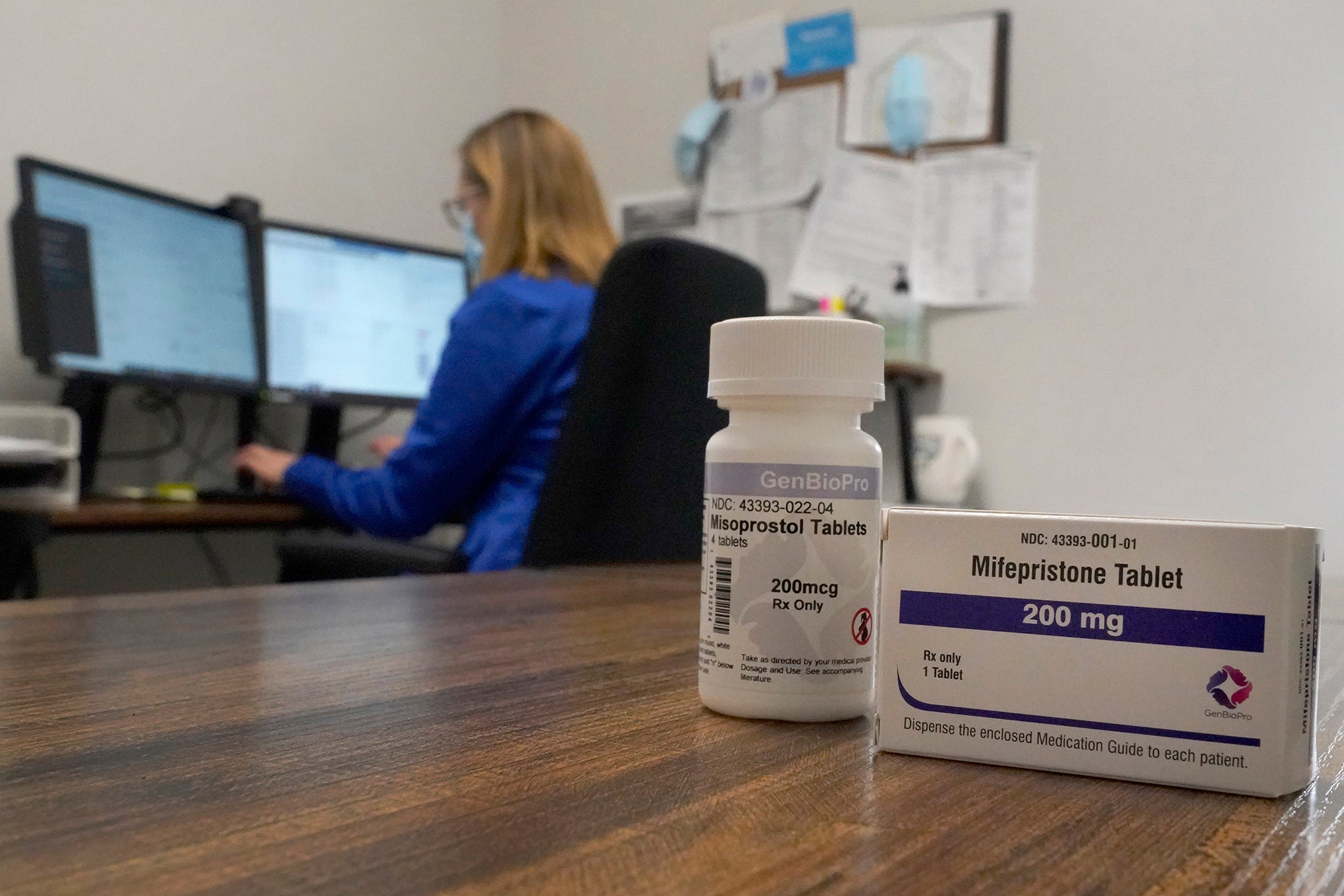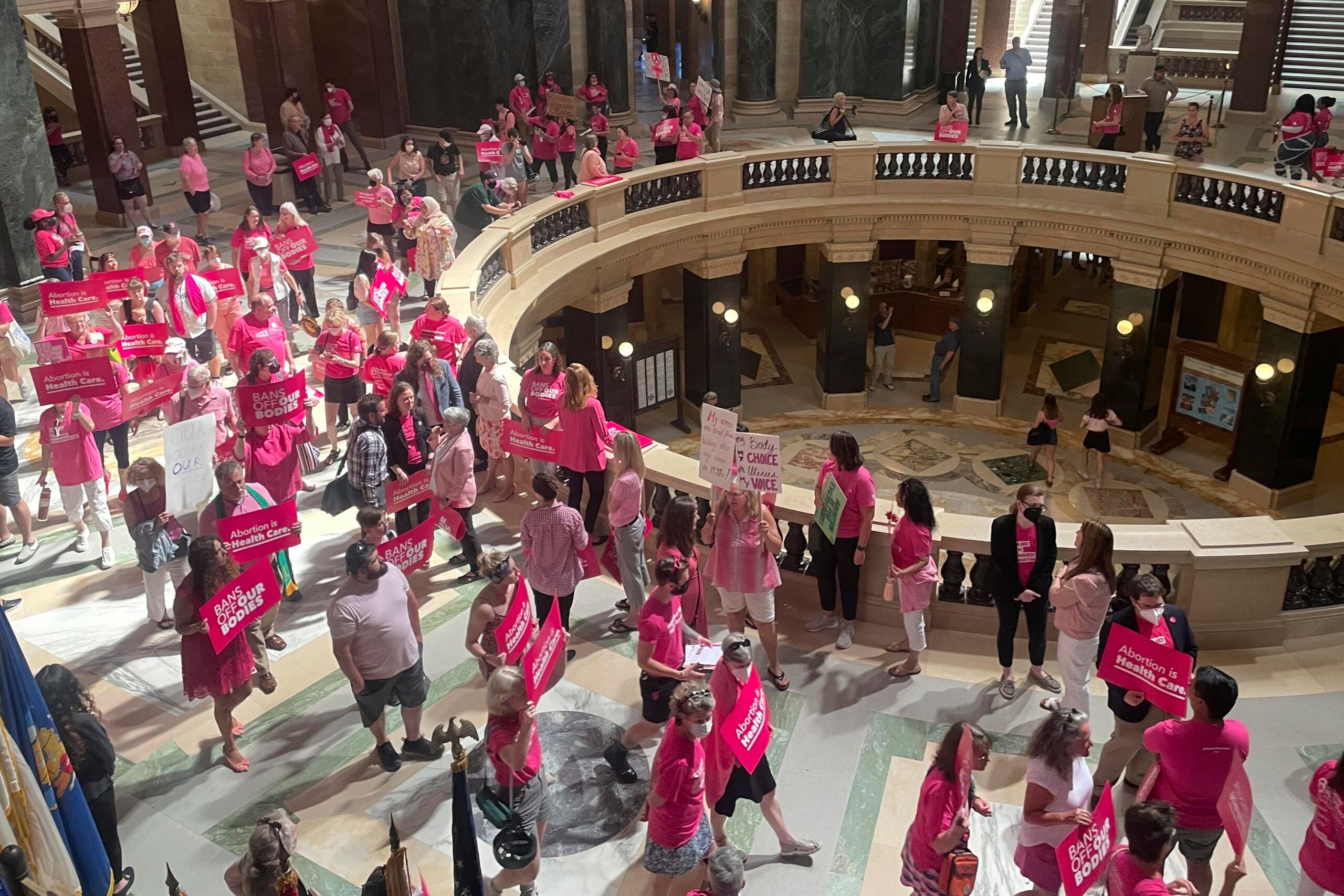The U.S. Supreme Court’s ruling striking down Texas’ regulation of abortion clinics could mean the end of a similar Wisconsin law.
The justices voted 5-3 Monday in favor of Texas clinics, striking down rules that required doctors who perform abortions to have admitting privileges at nearby hospitals and required clinics to meet hospital-like standards for outpatient surgery.
A similar law Wisconsin Republicans passed in 2013 regarding admitting privileges was never put in place because of lower court challenges and was struck down by the 7th Circuit Court of Appeals in November 2015.
News with a little more humanity
WPR’s “Wisconsin Today” newsletter keeps you connected to the state you love without feeling overwhelmed. No paywall. No agenda. No corporate filter.
Wisconsin attorneys had petitioned the Supreme Court to reverse that decision. It’s unlikely the court will take up the case following its ruling on the nearly identical Texas law.
State Attorney General issued a brief statement following the ruling, calling it “disappointing”:
“Today’s U.S. Supreme Court ruling on a Texas abortion law is disappointing and undermines the respect due to policy makers. Wisconsin is defending a similar law in a case before the Supreme Court and we expect a decision in the near future.”
Major medical groups say the requirement for hospital admitting privileges would not improve patient safety. Teri Huyck, president of Planned Parenthood of Wisconsin, said the ruling, “paves the way for the courts and lawmakers to reject these dangerous laws.”
Heather Weininger, executive director for Wisconsin Right to Life, said the ruling was disappointing but not surprising.
“So really it doesn’t change our strategy,” she said. “It just makes us work harder to protect the unborn children.”
Wisconsin is one of several states with abortion restrictions that were blocked from being implemented pending the outcome of the Texas case.
Editor’s note: This story has been updated with original reporting.
Wisconsin Public Radio, © Copyright 2026, Board of Regents of the University of Wisconsin System and Wisconsin Educational Communications Board.







